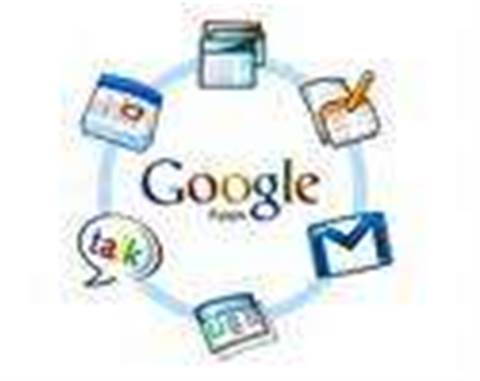CRN: Have you been happy with Google's products?
Cooper: I think the experience on the Postini side has been a very positive one.
Roberts: I'd certainly agree with that. It's more a question of perception rather than capability. A lot of people would be quite happy to move over to Google Apps but I think that's not the only consideration. Capability and functionality is only one part of the mix.
Cooper: Also, most of our staff work off site in client environments. The majority of those are Microsoft Office based environments.
While we could move let's say to Gmail as an email backbone with no problems at all, to move away from the Microsoft Office suite to the Google Apps suite and still have 100 percent full formatting capability, editing and so on with our client documents, at this stage it's still something to work through.
CRN: Are there any advantages to using a ground-up cloud application like Google Apps versus Microsoft which has a strong history on the desktop?
Cooper: Collaboration is a key one where the Google Apps product sets are just superb.
Roberts: When we are putting proposals together we often use Google Docs because you can have multiple people editing the same document at the same time.
So rather than having the merge problem when you're trying to bring different versions of the same document back together again, the Google Docs platform works very well.
There's a negative in that it's not a true file to file replacement for Office, so at some point you are going to break out of Google Docs back into the Microsoft platform to get the document quality or formatting that you would need for a formal proposal document, for example.
Cooper: That's [the situation] at the moment. Paul is close to the [Google R&D] pipeline and that situation is changing. At the moment, certainly you do lose some formatting, which is unacceptable at client sites.
For our head office staff that's a totally different thing. If we were a purely internally based organisation you'd probably make a shift much more readily but we have to consider our client environments first and foremost.
The other thing you're not emailing documents around the whole time, it's just a series of pointers. That just tremendously eases the whole version control and integration. They've done a great job with that.
CRN: I've heard Sharepoint described as "a poor man's document management system". Google Apps also seems to be a contender for that title too.
Cooper: Sharepoint is still one person editing one document at time, and loading it back up. That's still quite a different model to the Google Apps one.
Roberts: Traditional document management systems have come from relatively conventional processes. Now we're moving to the cloud a lot of the rationale for how they are designed and put together almost disappears.
You could argue for Google Apps being a new breed of document management systems but it does lack a lot of things that you might expect in terms of compliance, archiving, work flow. There's every possibility that those capabilities will be built into Google Apps but we're looking two years away at least.
The sweet spot really is small organisations that can just move straight onto Google Apps, Google Docs and Gmail and have a run-of-business platform available for next to nothing.
Cooper: If you were a small business starting up today you would probably say, "Why would I pick any other platform?" I know some small business out there, 10 person companies, and they run their entire business from Google Apps. And I think that's almost a no-brainer.
Roberts: Absolutely.
Cooper: But that's different to talking to a bank or a complex company with data servers in different countries. That becomes a much more complex decision-making process to say which parts of our business go into the cloud what are the best platforms.
Next page: Microsoft Office Online, the game changer




.jpg&h=142&w=230&c=1&s=1)



_(21).jpg&h=142&w=230&c=1&s=1)




.jpg&w=100&c=1&s=0)








_(1).jpg&q=95&h=298&w=480&c=1&s=1)


